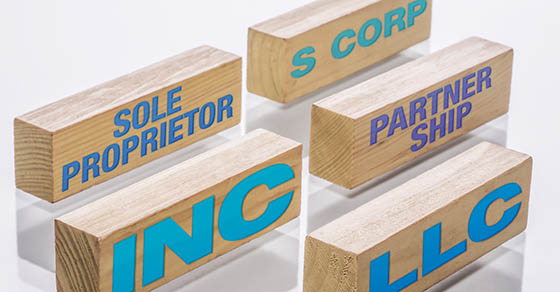4 ways businesses can better control cash flow
From the minute they open their doors, business owners are urged to keep a close eye on cash flow. And for good reason — even companies with booming...

If you’re planning to start a business or thinking about changing your business entity, you need to determine what will work best for you. Should you operate as a C corporation or a pass-through entity such as a sole-proprietorship, partnership, limited liability company (LLC) or S corporation? There are many issues to consider.
Currently, the corporate federal income tax is imposed at a flat 21% rate, while individual federal income tax rates currently begin at 10% and go up to 37%. The difference in rates can be alleviated by the qualified business income (QBI) deduction that’s available to eligible pass-through entity owners that are individuals, and some estates and trusts.
Individual rate caveats: The QBI deduction is scheduled to end in 2026, unless Congress acts to extend it, while the 21% corporate rate is not scheduled to expire. Also, noncorporate taxpayers with modified adjusted gross incomes above certain levels are subject to an additional 3.8% tax on net investment income.
Organizing a business as a C corporation instead of a pass-through entity may reduce the current federal income tax on the business’s income. The corporation can still pay reasonable compensation to the shareholders and pay interest on loans from the shareholders. That income will be taxed at higher individual rates, but the overall rate on the corporation’s income can be lower than if the business was operated as a pass-through entity.
More to take into account
There are other tax-related factors to take into consideration. For example:
As you can see, there are many factors involved in operating a business as a certain type of entity. This only covers a few of them. For more details about how to proceed in your situation, consult with us.
© 2023

From the minute they open their doors, business owners are urged to keep a close eye on cash flow. And for good reason — even companies with booming...

Debt is inevitable for most small and midsize businesses. Loans are commonly used to help fund a company’s launch, expansion, equipment purchases and...